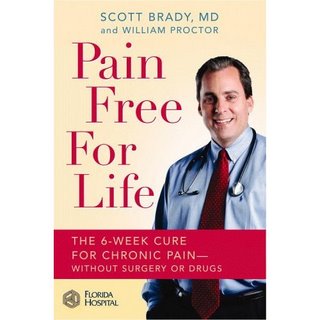
The most effective aspect of Mina Nevisa’s Miracle of Miracles (Long Wood Communications, USA, 2004) is the personal voice of a woman who stood against the forceful captivity of thinking foisted by fundamentalist Muslims. All the pains, this devout Christian woman details, stood in her path of freedom from the reckless talons of Islamic laws hunting for the religious converts in Iran. Mina’s escape is indeed a living miracle that sends shivers through the hearts of many who do not yet know what it means to shun Islam in a fundamentalist Muslim country.
In her quest for freedom of thought and belief, Mina lost her friends to death by torture at the hands of Islamic authorities; her family to shackles of prejudiced hatred, and her first ever child to death before birth. It was a Pyrrhic victory for her, but her faith in Christ redeemed her from the dread of slavishly following something she did not choose. Miracle of Miracles is a touching account of her persistence in pursuit of what she believes the true path of salvation.
Mina’s account of her experiences is followed by an addendum at the end of the book that criticizes sharply the logical flaws of Islam’s basic teachings and tenets. She exposes the darkness incumbent on the developed world by the arrogant ideologies of Islamic fundamentalists and justifies her claims by instances from history.
Two features of the book pose a challenge to the reader’s faculty of reason. First, the account of several miracles that touched Mina’s life and those of her friends, family, and acquaintances, appear either contrived or just another interpretation of reality. For a nonbeliever, this certainly is a serious drawback of Mina’s work. Then there is the last part of the book, which acts counter to the whole mode of reading the author’s realistic account of Islamic barbarism. Mina directly addresses the readers urging on them to convert to Christian faith. Not only does this sound too preachy and unwanted in a book of mature discussion but also tames the bright image of the author’s personality. Perhaps, Mina could not subdue her emotions while thinking of ways to let people out of the claws of fundamentalist Muslims.
ISBN: 188392846X
Availability
http://www.amazon.com/gp/product/188392846X/qid=1151413324/sr=11-1/ref=sr_11_1/104-8660832-0394306?n=283155
http://www.renewed-life.com/shop/index.cfm?fuseaction=customer.product&product_code=TOCM-188392846X&category_code=M05
Touch of Christ Ministries: http://touchofchrist.net/




